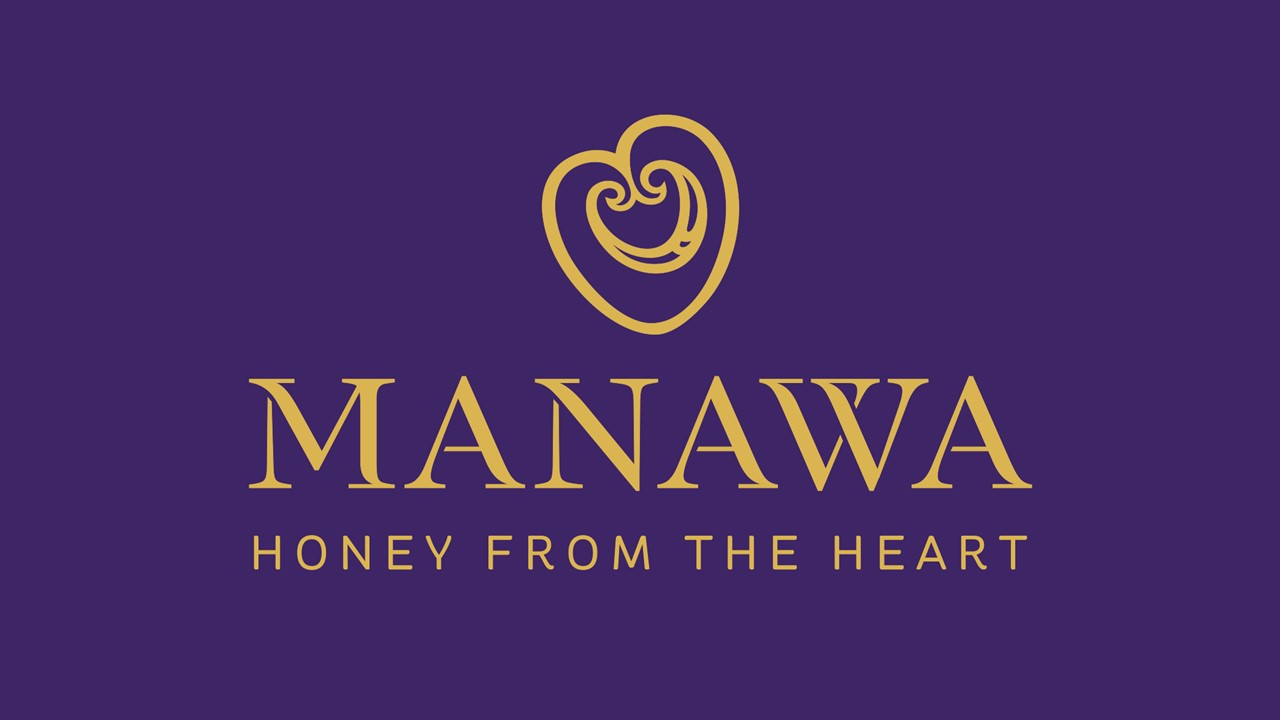

Tuhoe Tuawhenua Trust T/A Manawa Honey NZ

Bay of Plenty Region, New Zealand
October 2022
Agricultural Processing
Manufacturing
New Zealand
Manawa means heart and that's what drives us - Honey from the Heart. Manawa Honey NZ was founded by the Tuhoe Tuawhenua Trust in Ruatāhuna at the Heart of Māui's Fish (North Island of New Zealand), to sustain our people with jobs and good health, and to keep bees for what they do for our place and this planet. The Tūhoe Tuawhenua Trust has a 100-year vision of “Kua tau te iwi me te whenua (People and the natural world thriving harmony)”. Thus, Manawa Honey is ultimately about the development of our people and the enrichment of our forests. We specialise in native tree honeys from the untouched forests of Te Urewera - homeland of our tribe, Tūhoe. Our exquisite honeys include Mānuka, Rewarewa, Tāwari, Pua-ā-Tāne - bounty of the God of the Forest. Ours are international award-winning honeys. For taste, for quality, for health-giving properties – our honeys sit above the rest. We’re honoured to serve discerning honey-lovers in New Zealand and across the globe.
Overall B Impact Score
Governance 10.9
Governance evaluates a company's overall mission, engagement around its social/environmental impact, ethics, and transparency. This section also evaluates the ability of a company to protect their mission and formally consider stakeholders in decision making through their corporate structure (e.g. benefit corporation) or corporate governing documents.
What is this? A company with an Impact Business Model is intentionally designed to create a specific positive outcome for one of its stakeholders - such as workers, community, environment, or customers.
Workers 37.5
Workers evaluates a company’s contributions to its employees’ financial security, health & safety, wellness, career development, and engagement & satisfaction. In addition, this section recognizes business models designed to benefit workers, such as companies that are at least 40% owned by non-executive employees and those that have workforce development programs to support individuals with barriers to employment.
What is this? A company with an Impact Business Model is intentionally designed to create a specific positive outcome for one of its stakeholders - such as workers, community, environment, or customers.
Community 16.0
Community evaluates a company’s engagement with and impact on the communities in which it operates, hires from, and sources from. Topics include diversity, equity & inclusion, economic impact, civic engagement, charitable giving, and supply chain management. In addition, this section recognizes business models that are designed to address specific community-oriented problems, such as poverty alleviation through fair trade sourcing or distribution via microenterprises, producer cooperative models, locally focused economic development, and formal charitable giving commitments.
Environment 14.2
Environment evaluates a company’s overall environmental management practices as well as its impact on the air, climate, water, land, and biodiversity. This includes the direct impact of a company’s operations and, when applicable its supply chain and distribution channels. This section also recognizes companies with environmentally innovative production processes and those that sell products or services that have a positive environmental impact. Some examples might include products and services that create renewable energy, reduce consumption or waste, conserve land or wildlife, provide less toxic alternatives to the market, or educate people about environmental problems.
Customers 1.8
Customers evaluates a company’s stewardship of its customers through the quality of its products and services, ethical marketing, data privacy and security, and feedback channels. In addition, this section recognizes products or services that are designed to address a particular social problem for or through its customers, such as health or educational products, arts & media products, serving underserved customers/clients, and services that improve the social impact of other businesses or organizations.